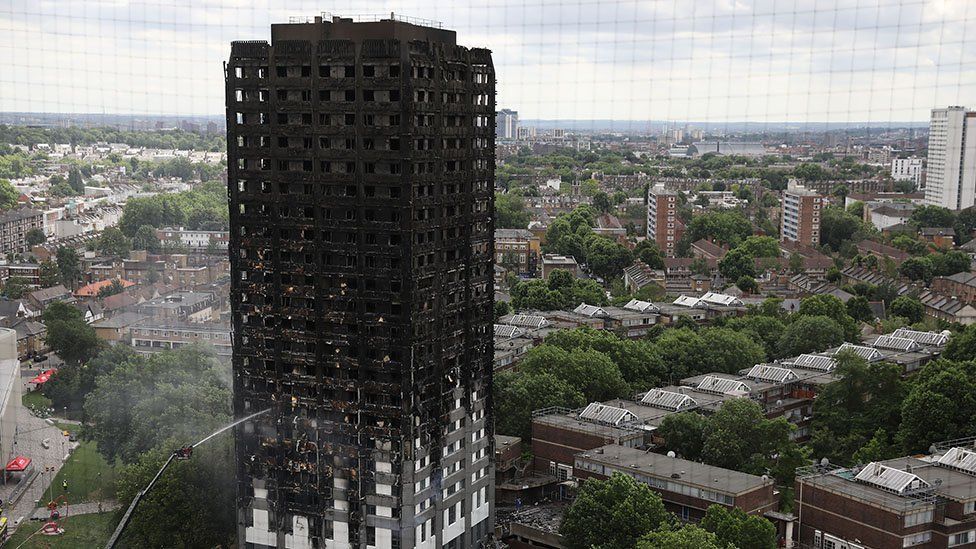At the start of June we’d decided that one of the subjects we wanted to focus on this month was evacuation. Obviously it’s an issue that’s always at the forefront of our minds anyway, but it had been given an additional dimension following the appalling terrorist attacks that had taken place recently. We wanted to highlight the importance of recognising there now seem to be additional risks that, sadly, we all need to factor into our planning. The issue of swift evacuation was one that was very much in our thoughts. And then, as we were part way through writing that article, the blaze at the Grenfell Tower tragedy happened.
Right now, families and friends are still desperately trying to find out what has happened to their loved ones. Some already have to cope with the devastating news that they have lost someone. Some are seriously injured. Debate about what went so very badly wrong with the fire safety systems that were in place, including the guidance on evacuation, has begun partly to urgently establish the risks posed to other similar buildings. Certainly, managing fire safety in residential tower block buildings is more challenging than in many other types of premises. But the processes and systems in place that were meant to protect against the risks did not do so. Clearly there is going to be a long, in-depth complex investigation needed. We can anticipate that the outcome of those investigations will have a significant impact on future fire safety requirements.
Something that is going to come under scrutiny is the ‘stay put’ policy and whether there was confusion over what that meant. This kind of approach is intended for when there is a small fire in an area well away from you. If you are not affected by smoke and fire, then you should be safe to remain where you are until the emergency services arrive and can tell people what to do. It does not mean ‘stay put’ under all circumstances when the danger is clearly advancing quickly towards you. If you feel threatened, you should get out if possible. If you have such a policy in place, and think this distinction is not clearly understood, then it needs addressing immediately.
Right now we share everyone’s sense of sadness, sympathy and horror as we follow the news reports. There are some ways to offer practical help to those left with nothing through the various fundraising pages that have been set up. The Charities Commission is reminding people to check the legitimacy of the pages first to make sure the donations quickly reach those that they are intended to help.
But we also want to appeal to you to take the time to think about the evacuation plans for where you work and also in your home. Think about the ferocity of fire and the terrifying speed with which it can potentially travel. Think about the ways you can quickly get people out of any buildings you inhabit. If there are any fire safety issues or jobs that you meant to get done that are still outstanding, please devote the time to resolving them. As the London Fire Brigade Commissioner Dany Cotton says the situation at Grenfell Tower is unprecedented. Facing a fire on that scale is rare. But a fire of any size poses a danger. Please do everything you can to make sure it’s a danger you and the people around you never have to face.
Our thoughts are with everyone affected by this tragedy.
One complete fire and security solution
Need a local team to help with fire safety and security?
